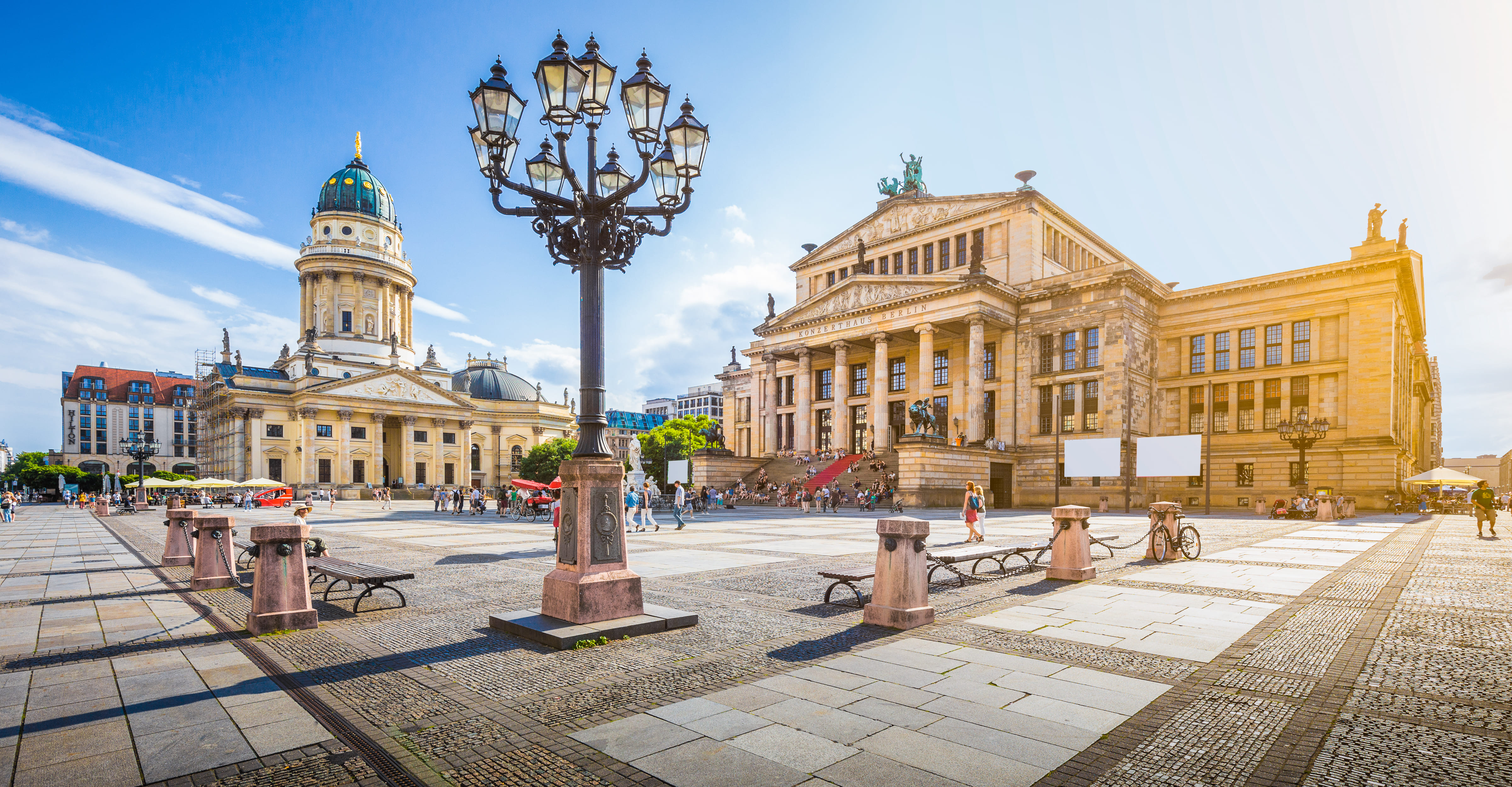Certification and Management Systems for cities: The great allies of destination managers.
- Emmanuel González
- Governmental Travels
- Hits: 2384
Management systems are a fundamental and increasingly widespread tool in organizations, both public and private, in all economic sectors of countries worldwide. This is due to the innumerable benefits that these systems bring to the organizations that apply them. The fact of keeping the procedures updated for each operation and type of task, as well as for any work area of the companies, helps in the reduction of personnel training times, cost savings, unification of work and avoids the loss of information and the generation of mistakes.

All these factors are of vital importance in the trips made by governments and institutions, both officially in the exercise of their functions and privately, as they present very specific features to be borne in mind, depending on the nature of this type of travelers. In this regard, the nature of the GITT clients, together with the type of event that motivates the trip they make, may imply a set of specific requirements. Well, it is here where the destinations themselves play a very important role, since the fact of going to a city or country that facilitates such arrangements, streamlines part of the process of organizing and developing the trip.
Thus, following examples of successful cases in which standardization has resulted in the improvement and saving of work time and economic resources in companies, it is easy to conclude that this same system can be implemented in destination management offices and, even more so, in those cities that receive a large number of governmental and institutional visits.
The number of logistical operations, agents involved and specific requirements that this type of travel entails, make the fact of having an organization that centralizes and coordinates all these processes, making the destination that owns it a much more attractive place for holding major summits, conferences and / or events involving government personalities. Even more so, taking into account that any event can be considered a potential GITT event, since the inaugurations of these events are usually attended by members of governments and large institutions, both nationally and internationally.
In addition to the above and under the coordination of Tourism Optimizer Platform (TOP), the International GITT Standard was born, always seeking to achieve the objective of promoting the planning, operational management and supervision of travel in the GITT sector through its standardization. Thus, as a result of its specialization in different fields of knowledge about this new concept of travel, the certification model of GITT destinations is proposed, whose scope extends to different areas, such as the relations that delegations maintain with travel organization professionals, the promotion of management policies, or the resources and services offered by a destination; all of this, conceived as the sum of the specific requirements of this type of travel.
In this way, the GITT certification process for cities, not only seeks to provide a seal of quality for destinations based on the processes of consulting and verification of different areas of the city, covering areas such as airport infrastructure, historic buildings for official reception, institutions and diplomatic bodies in the city, tourism suppliers involved in this type of travel, or both public and private security of the destination, among others; The process also assists and guides the managers of the destination to be certified in the creation of a cross-cutting department specialized in government and institutional tourism, i.e., a GITT Tourism Office.
The GITT Tourist Offices are designed as a body dependent on the city's managing body, which centralizes and coordinates the operations related to a GITT-type visit to the city. In this way, they are set up as another agent involved in government trips, which serves as support and back-up for the other agents, whether they are delegations, suppliers, specialized receptive services or public entities that play a role during the visit of the mandataries or diplomats.



